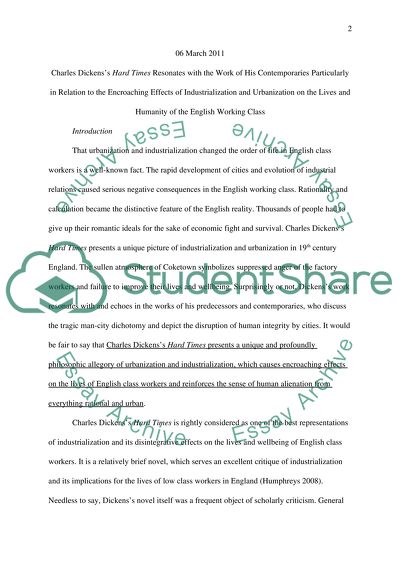Cite this document
(“Dickens hard times resonates with the work of his contemporaries Essay”, n.d.)
Retrieved from https://studentshare.org/environmental-studies/1409197-dickens-hard-times-resonates-with-the-work-of-his
Retrieved from https://studentshare.org/environmental-studies/1409197-dickens-hard-times-resonates-with-the-work-of-his
(Dickens Hard Times Resonates With the Work of His Contemporaries Essay)
https://studentshare.org/environmental-studies/1409197-dickens-hard-times-resonates-with-the-work-of-his.
https://studentshare.org/environmental-studies/1409197-dickens-hard-times-resonates-with-the-work-of-his.
“Dickens Hard Times Resonates With the Work of His Contemporaries Essay”, n.d. https://studentshare.org/environmental-studies/1409197-dickens-hard-times-resonates-with-the-work-of-his.


